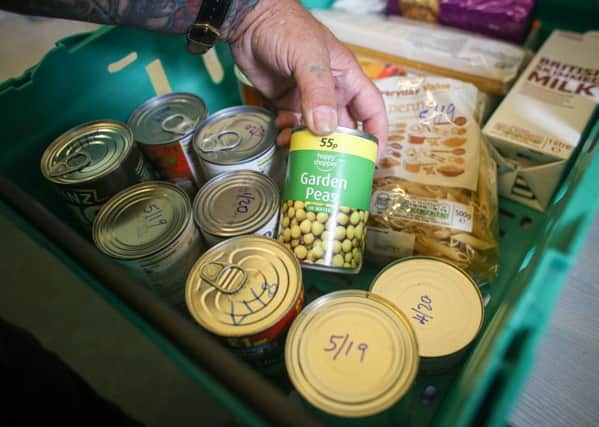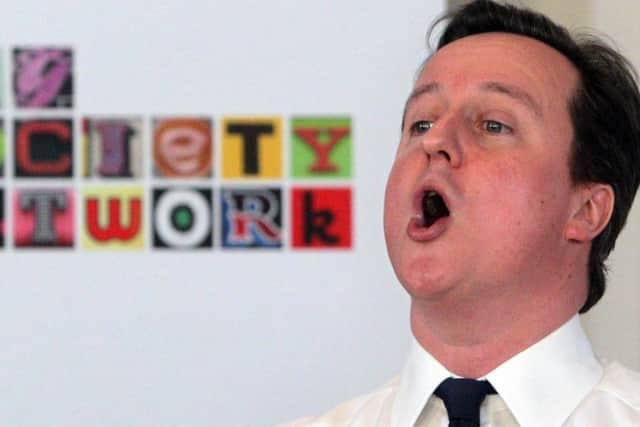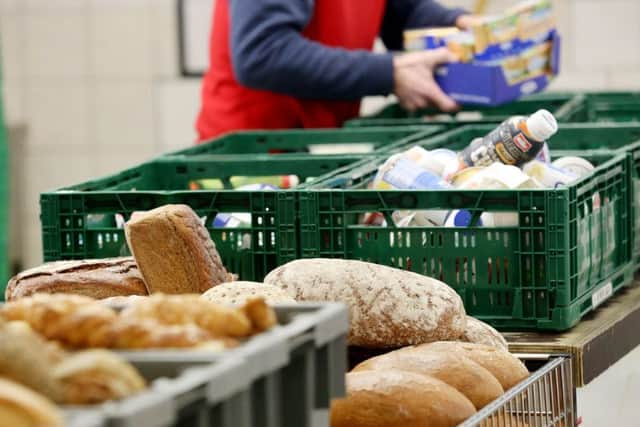Please show compassion to Yorkshire school children who will suffer ‘holiday hunger’ this summer – Jayne Dowle


Sadly, as millions of families know only too well, it is actually the most stressful time of the year. Worse even than Christmas, which at just a fortnight, is mercifully short.
Advertisement
Hide AdAdvertisement
Hide AdTwo years ago, an All Party Parliamentary Group (APPG) report, Hungry Holidays, estimated that up to three million children are at risk of going without food in the school holidays – one million children who receive free school meals during term time, and another two million ineligible for free meals but are growing up in households in in-work poverty.


These are the families who live on the precarious knife-edge that the welfare state no longer softens. The parents may be in work, but all too often it is insecure, low-wage and, even if topped up with benefits, barely covers the bills at the best of times.
Not only do household expenses rise inexorably during the long summer weeks, but many parents have to take time off to look after their children. If they’re on a zero-hours contract, this can mean no possibility of paid holiday leave, putting an even tighter squeeze on weekly income.


Advertisement
Hide AdAdvertisement
Hide AdMeanwhile, their children, who may be supported at school through free meals, breakfast club and snacks provided at after-school activities, rely on a network of care and provision that evaporates as soon as that bell rings for home-time on the last day of term.
Within days, they become victims of what’s known as ‘‘school holiday poverty’’ or ‘‘holiday hunger’’. And that’s not just pestering for another ice pop or chocolate bar. No food in the cupboards, nothing much in the fridge. No coppers even to pop to the corner shop for a bag of crisps.
The Trussell Trust, a charity which campaigns to eradicate hunger and food poverty, has released new figures which show that there was a 20 per cent overall increase in the number of emergency food parcels it distributed last summer.
Each parcel provides one person with enough nourishment for three days. Nothing the Trussell Trust and other charities say suggests that this year will be any different – in fact, all agree that it’s set to end up worse.
Advertisement
Hide AdAdvertisement
Hide AdMeanwhile, the Food Insecurity Private Member’s Bill, introduced in November 2017 by South Shields MP Emma Lewell-Buck, a prominent member of the Hungry Holidays APPG, is another victim of the stasis in Parliament caused by Brexit and political upheaval.
Clearly, the Government has a huge role to play in helping to find ways to eradicate holiday hunger and poverty. Politicians on all sides make the right noises, but few are committed to sticking their necks out and really taking a stand.
So, who can help? Charities, but they can’t do it by themselves. The Trussell Trust is calling for donations to keep its food banks open this summer. I wish this admirable organisation luck.
I’m ashamed to say that when a food bank in Barnsley, where I live, asked for people to give what they could this week, the reaction on a local social media news site showed a side of Britain in 2019 which can only be described as ugly.
Advertisement
Hide AdAdvertisement
Hide Ad‘‘Why should we?’’ was the general reaction from many people. Why should we bother to put together a few tins and packets of cereals for families when these parents dare to own a mobile phone or a television? Why should we work hard and pay our taxes and be expected to fund those who don’t? (see the issues related to in-work poverty, above).
And, shamefully, why should we have to give stuff to people coming here from abroad? Well, you can imagine how the rest of that particular complaint goes. It was along the same lines as the public reaction to another recent local initiative which asked people to donate outgrown school uniforms to help refugee children.
When I wrote earlier this week about the all-pervasive ‘‘hostile environment’’ seeping throughout British society, this is the kind of thing I meant. This awful idea that if you falter, even for a minute, you’ll be stepped over and disregarded like a piece of trash.
We’ve become a hard-bitten country where too many people care only about themselves and give little thought to those who might need a hand.
Advertisement
Hide AdAdvertisement
Hide AdThis selfishness – and lack of compassion – is a horrible legacy of austerity and cuts to social services. And with an irony that isn’t remotely funny, it’s the dystopian polar opposite to the ‘‘Big Society’’ once talked about as the way forward by a Prime Minister who forced upon us a referendum which turned simmering resentments into open hostility.